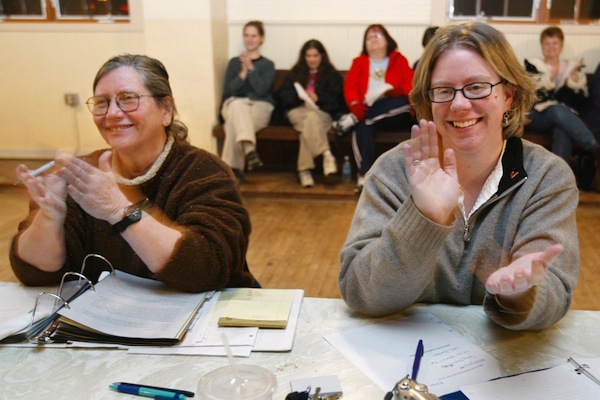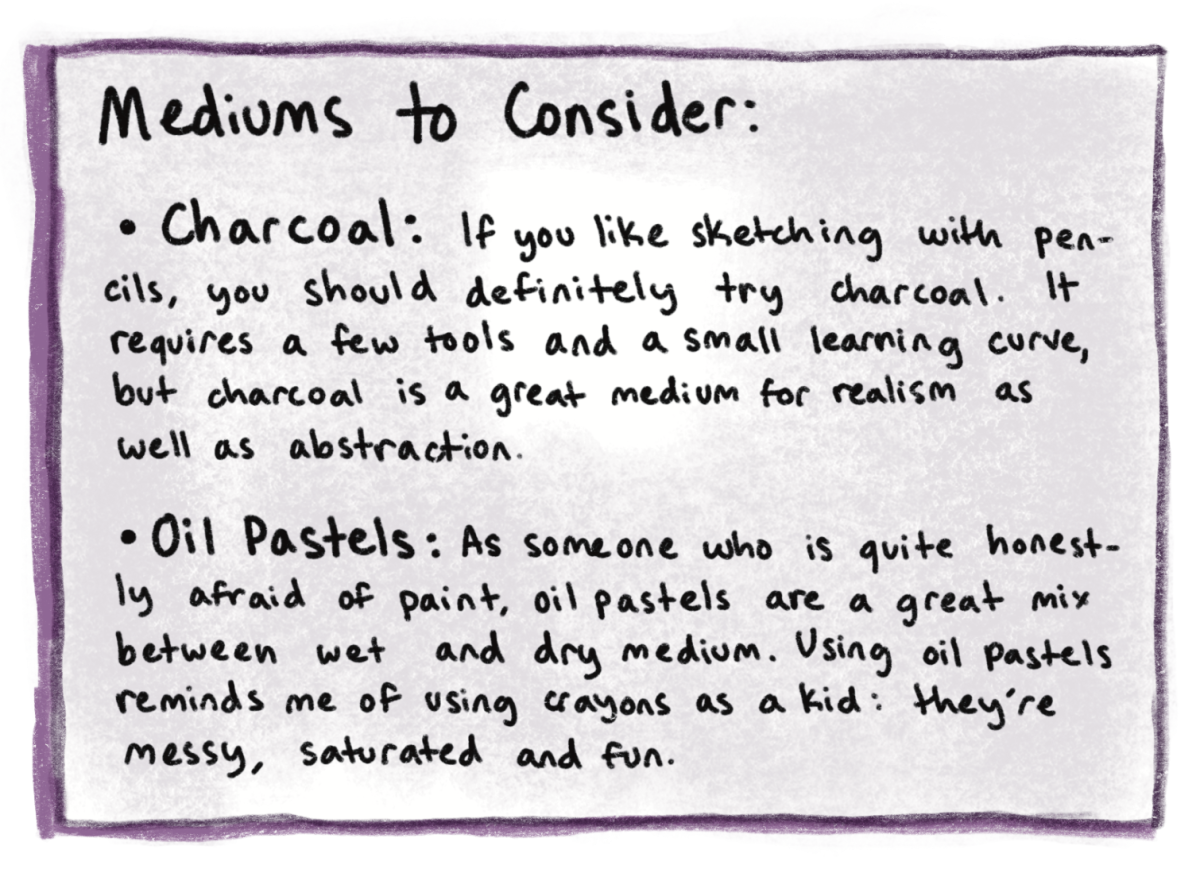A recent explosion at a nuclear waste processing site in France has led to growing concerns over the safety of nuclear plants, intensifying demands for new sources of energy.
The blast at the Marcoule plant in southern France Sept. 12 caused the death of one person and injured four more. The owner of the nuclear plant called it “an industrial accident, not a nuclear one,” after a fire near a waste storage furnace ignited the explosion. Following this malfunction, the International Atomic Energy Agency has been closely monitoring the situation, contacting French authorities to gather more information about the accident even though the plant said that there is no chance of a radioactive leak and no exterior impact has yet been detected.
France, Japan and the United States currently account for over 50 percent of nuclear-generated electricity in the world. However, France, which is home to over 58 of the 143 reactors in the European Union, refused to follow the decision made by other European countries. Many of them plan to scale back on nuclear plans following the earthquake-caused Fukushima nuclear disaster in Japan in March. Germany plans to phase out its 17 nuclear power stations by 2022, while Switzerland and Italy intend to take similar action.
“I don’t think [the accident] will affect France,” AP environmental science teacher Sweeney LaBarge said. “They get 80 percent of their power from nuclear plants and Japan gets almost all of their power from nuclear because they don’t have any carbon based resources.”
The United States currently has over 100 working nuclear plants, in addition to about 50 smaller reactors; it is the largest supplier of commercial nuclear power.
“One of the benefits of nuclear power is that it reduces our dependence on foreign energy sources,” junior Stephen Fredericks said. “We can rely more on ourselves because of it.”
Behind coal and natural gas, nuclear sources were responsible for over 20 percent of electricity produced in 2009. Demand for nuclear energy has since decreased, most notably after the Japanese disaster. An April survey revealed that 64 percent of Americans opposed the building of new reactors.
“When the accident occurred in Japan, the economy took a downturn to fix it,” freshman Ginger LaMoore said. “When nuclear power messes up, its costs… outweigh its benefits.”
The debate over the advantages and disadvantages of nuclear power began in the 1970s and reached its peak in the 1980s after two major incidents. In March 1979, the Three Mile power plant released a limited amount of radioactivity. This accident is still considered the worst nuclear accident in U.S. history and brought about widespread changes to safety regulations in the nuclear power industry.
Seven years later, 30 people died following the explosion of a reactor at the Chernobyl power plant in the former Soviet Union. The blast led to a fire that burned for nine days and released over 100 times more radiation than the atomic bombs dropped on Nagasaki and Hiroshima in World War II. Two people died from the Chernobyl explosion while 28 suffered acute radiation sickness immediately afterward. A huge cover is being built to surround the plant, which is expected to be finished in 2013.
“I’m not too worried about nuclear safety here probably because I haven’t had any experiences where I have needed to in the past,” sophomore Emily Chu said. “However, I think that there is always a probability that an accident can occur. As time progresses, stricter safety regulations will develop that will keep the plants safe.”
As it stands currently, many countries worldwide believe that the need for nuclear power outweighs the dangers. Though some countries are now reducing their dependence on nuclear energy, many have no other option but to utilize this potentially dangerous resource due to the amount of power it generates. According to LaBarge, nuclear waste is also a factor that countries must consider about this energy source.
“The problem with nuclear power isn’t the plant; it’s the waste,” LaBarge said. “We don’t know what to do with it. Some of it can be reprocessed into other fuel or weapons. Most of it needs to be stored but the US can’t determine a place to do this. The real question is: can we build nuclear power plants in safe locations?” #
Explosion in France increases growing nuclear concerns
0
More to Discover










